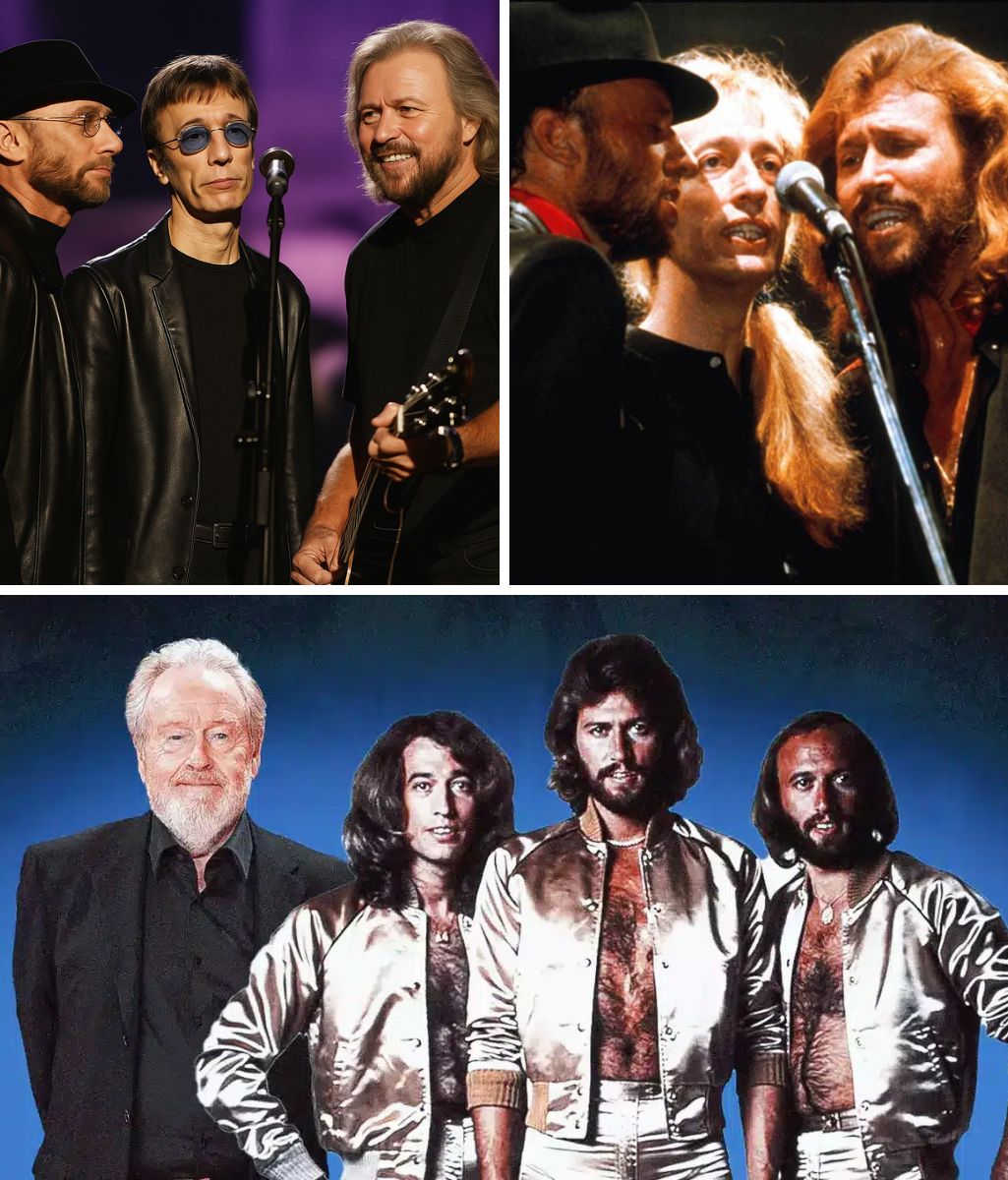
HISTORIC MOMENT: The Bee Gees Score Their Second UK No.1 Single With “I’ve Gotta Get a Message to You”
The Bee Gees secured their second UK No.1 single with the release of “I’ve Gotta Get a Message to You,” a hauntingly powerful ballad that blended their gift for storytelling with the unmistakable harmonies that would come to define their career.
Unlike the carefree pop that dominated much of the 1960s, the song tackled a darker, more dramatic subject. Its lyrics tell the story of a man on the brink of execution, pleading with a prison chaplain to deliver one last message to the woman he loves. The narrative was bold, unusual, and emotionally charged, yet it resonated deeply with listeners who connected to its themes of regret, desperation, and the need for love to outlast even death.
Released in 1968, the single climbed steadily before reaching the coveted No.1 position on the UK Singles Chart. For the Gibb brothers—Barry, Robin, and Maurice—it was a defining moment that confirmed their place as not just pop hitmakers but as songwriters with a rare ability to blend melody and drama into something unforgettable.
The arrangement highlighted their growing maturity as artists. Robin Gibb’s plaintive lead vocal carried the weight of the condemned man’s sorrow, while Barry and Maurice’s harmonies added urgency and depth. Backed by orchestral flourishes, the track pushed beyond simple pop into the realm of dramatic balladry, setting the Bee Gees apart from many of their contemporaries.
This success followed the chart-topping “Massachusetts,” and together, the two singles demonstrated that the Bee Gees were capable of both tender reflection and gripping narrative. “I’ve Gotta Get a Message to You” was not merely a song of its time—it became a turning point in their catalogue, foreshadowing the sophisticated songwriting that would later bring them worldwide acclaim in the 1970s and beyond.
Critics praised the track for its emotional intensity and willingness to explore darker territory within the pop format. Fans, meanwhile, were captivated by the honesty of the storytelling and the raw humanity behind the harmonies. For many, it was the first glimpse of the Bee Gees’ ability to fuse theatrical storytelling with mainstream appeal, a skill that would serve them for decades to come.
Looking back, the song’s success was more than just a chart statistic. It signaled the arrival of a group that was unafraid to push boundaries, to experiment with themes and sounds, and to trust that audiences would embrace music that spoke not only to joy but also to pain. It was proof that the Bee Gees were not content to follow trends—they were determined to carve out their own musical path.
As the years passed, “I’ve Gotta Get a Message to You” remained a fan favorite, performed on countless stages and included in retrospective collections celebrating the Bee Gees’ remarkable journey. Today, it stands as both a milestone in their early career and a lasting reminder of the emotional power that only the Gibb brothers could deliver.
With their second No.1 secured, the Bee Gees had solidified their status as one of Britain’s most important acts of the late 1960s—a reputation they would only continue to expand as their sound evolved, their fame spread worldwide, and their legacy grew into one of the greatest in modern music history.